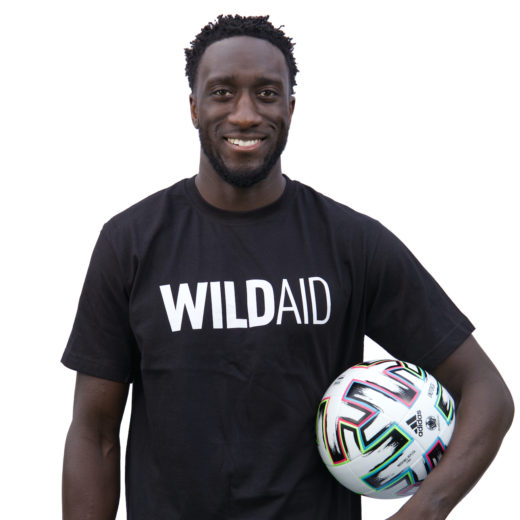
By: Peter Knights
President Cyril Ramaphosa faces many challenges in moving South Africa forward, but there is a decade-long crisis that should be addressed at this “moment of hope and renewal” and which could signal a new determination and rule of law that will reflect positively on the entire nation and inspire hope for the future.
The gutting of intelligence agencies, turmoil in the Hawks and the erosion of the capacity to combat organised crime are among the gravest challenges Ramaphosa faces. If the country cannot effectively address rhino poaching, then what hope is there for drug smuggling, kidnappings, cash-intransit heists and robberies?
South Africa is home to 80% of the world’s rhinos and they are a key attraction for the tourism industry.
Yet, in the past decade it has experienced unprecedented and horrific poaching — now at around 1000 animals a year. Some 93% of South Africans think rhino poaching is a problem for all South Africans, according to a WildAid survey. Hundreds of millions of rands have been poured into the militaristic antipoaching effort centred on Kruger National Park and millions of dollars of hitech equipment donated. Rangers have risked their lives to defend rhinos.
However, while some poachers have been killed and some given lengthy prison sentences, the middlemen and leaders of the criminal syndicates, who are known to authorities, have largely gone unpunished. Also, only lip service has been paid to the universally recognised strategy of engaging local communities adjoining the reserves.
Be it the liquor Prohibition wars in the US or international drug wars, organised crime has never been dismantled by taking out the foot soldiers, only by breaking up the structure and taking down the leadership.
From the Groenewald case to the Ras case to the gun-running syndicate exposed on M-Net Tonight, there are more than a dozen examples of perpetrators being granted bail, only to flee and reoffend, and repeated court appearances, sometimes for years on end, resulting only in bail. The few middlemen prosecuted get short sentences, a fraction of those handed to poachers.
Foreign members of rhino-trafficking syndicates have in some cases been repatriated without punishment. The investigation of a cabinet minister was quietly dropped, court dockets have “gone missing”, and one serious case has been postponed 17 times. With the poaching organisers seemingly operating with impunity, the slaughter continues.
In Vietnam, new laws have been passed banning sales of rhino horn, and the price of horn has dropped by two-thirds as public awareness has grown. Only a third of the Vietnamese people who once believed that rhino horn helps against cancer still believe it. There is a long way to go in enforcement in Asia and eliminating the market, but there has been considerable progress.
Ramaphosa has an opportunity to make a fresh start and solve the crisis. He could switch from the largely militaristic approach to intelligence-based disruption and the dismantling of the syndicates. He could appoint a special court with experienced prosecutors and magistrates who can travel where needed, recognise the seriousness of the crisis and have the integrity to truly break up the syndicates.
He could enlist the cooperation of Mozambique in exchange for community engagement and support around Kruger’s borders, to give people a stake in protecting wildlife and alternatives to poaching.
In this way, he could save South Africa’s rhinos and set a benchmark for dealing with all the other tough challenges ahead.
Peter Knights is the CEO of WildAid. This appeal to President Ramaphosa was endorsed by Sir Richard Branson, Mark Boucher, Kevin Pietersen, Joe Pietersen and Marc Lottering, all of whom are supporting WildAid in calling for a new approach and will to end South Africa’s rhino-poaching crisis
This opinion-editorial originally appeared in the Sunday Times (South Africa)
https://www.timeslive.co.za/sunday-times/opinion-and-analysis/2018-06-23-let-stance-on-poaching-signal-a-return-to-law-and-order/
Stay in touch and get the latest WildAid updates.
SIGN UPAbout WildAid
WildAid is a non-profit organization with a mission to protect wildlife from illegal trade and other imminent threats. While most wildlife conservation groups focus on protecting animals from poaching, WildAid primarily works to reduce global consumption of wildlife products such as elephant ivory, rhino horn and shark fin soup. With an unrivaled portfolio of celebrity ambassadors and a global network of media partners, WildAid leverages more than $308 million in annual pro-bono media support with a simple message: When the Buying Stops, the Killing Can Too.
Journalists on deadline may email communications@wildaid.org


